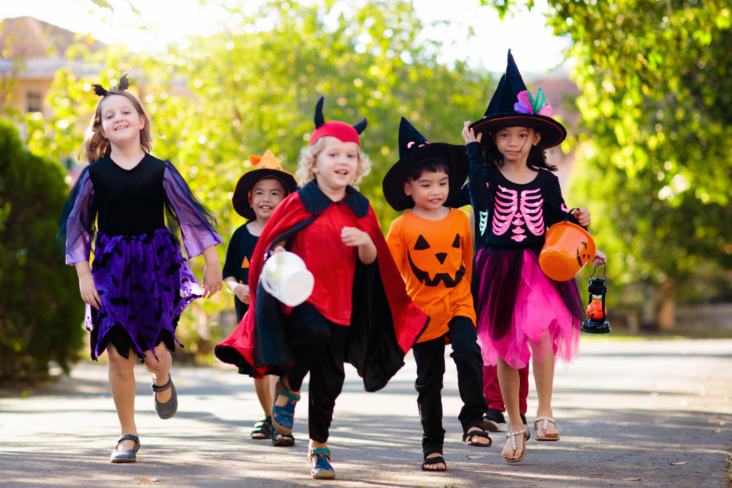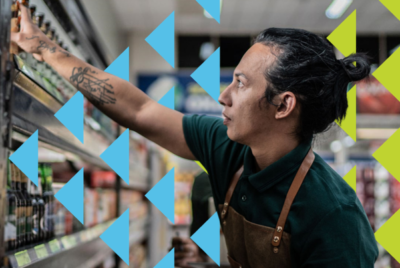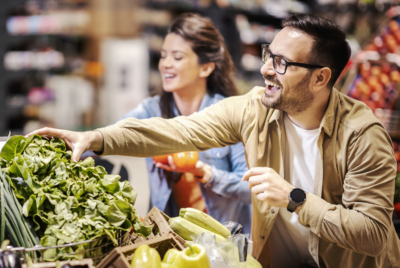Despite the spooky specter of a recession, American consumers are expected to spend even more on Halloween this year, surpassing 2023, the largest Halloween shopping season on record.
A new Advantage Outlook survey of Halloween shoppers reveals that the majority plan to spend more on candy, food, costumes and decorations this year — in many cases, significantly more.
Last year’s Halloween shopping season exceeded $12.2 billion in sales of candy, costumes, decorations and more. Retailers and manufacturers are feeling ghoulish, er, bullish about an even stronger Halloween this year, despite the ongoing impact of inflation.
“Over the past four years, Halloween — like many other holidays — has proven to be a resilient investment for both retailers and consumers, even amid economic uncertainty,” says Kelly Ravestijn, senior vice president of commerce intelligence at Advantage Unified Commerce (AUC), a division of Advantage Solutions, a leading business solutions provider to consumer goods manufacturers and retailers.
Half of shoppers plan to spend $51 or more on candy while 59% will spend that amount on food for Halloween this year, per the survey, up from just 21% and 29% last year, respectively. Similar increases in spending are planned for costumes and decorations this year.
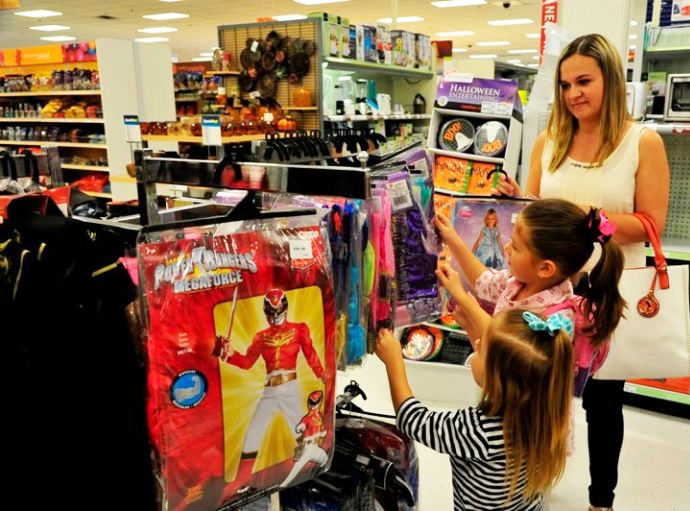
“This trend reflects a broader consumer behavior where individuals are tightening their budgets on everyday expenses yet remain unwilling to sacrifice their cherished holidays and small luxuries,” Ravestijn says. “Even as they cut corners elsewhere, consumers increasingly view holidays like Halloween as non-negotiable indulgences, reinforcing their value in the retail landscape.”
The support of a partner like Advantage, with its breadth of omnichannel services and capabilities, can help retailers and manufacturers capitalize on the opportunity of Halloween.
“We help retailers and brands identify emerging trends, optimize product placement and execute effective in-store and digital campaigns,” says Christi Geary, executive vice president of AUC. “With data-driven insights and tailored marketing strategies, we ensure that retailers and brands can maximize engagement with shoppers and boost profitability during the Halloween season.”
After the AUC team does the upfront work, Advantage goes into action, deploying multiple teams that partner with stores on retail execution to ensure products are visible to shoppers in the best locations in-store to drive sales.
“Our Halloween season is already underway,” says Matt McCleskey, senior vice president of operations at Advantage. “We work with retailers to stock Halloween items by late summer and start packing out shelves and building and replenishing displays.”
Candy is king
Candy sales clearly dominate Halloween shopping, with chocolate at the top of the list for 81% of candy shoppers. Chewy/gummy candies and mixed assortments are also popular, with approximately two-thirds of shoppers planning to purchase each of those categories as well. Most shoppers plan to make their candy purchases at a mass retailer (81%), while grocery (40%), club stores (40%) and online retailers (34%) are also popular channels.
But while candy purchases are a given, Halloween candy buyers are notoriously slow to make their purchases — seven in 10 will wait until the week of Halloween to buy their candy, according to the survey.
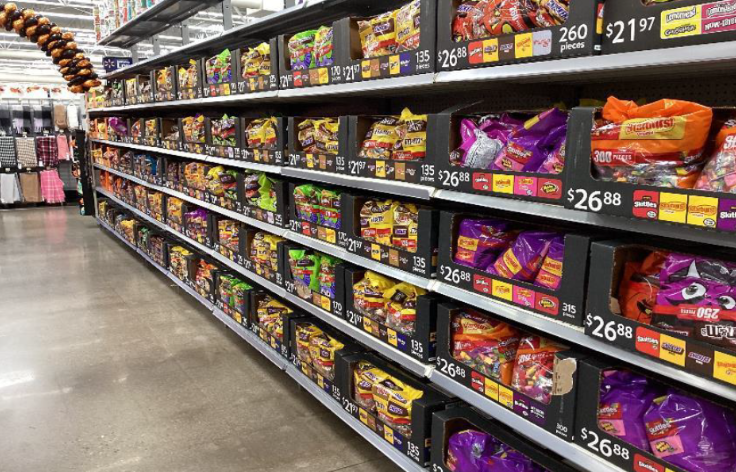
Ravestijn suggests retailers can drive earlier purchases by offering candy as part of bundled deals with costumes and décor, creating themed assortments that encourage early shopping. She also recommends early-bird discounts and exclusive candy assortments, allowing retailers to capitalize on consumers’ fear of missing out on limited-edition items and generate candy sales earlier in the season.
As for the Johnny-come-latelies, retailers need to be ready to capture that surge of shoppers.
“Retailers should double down on creating a sense of urgency as Halloween approaches,” Ravestijn says. “By offering targeted flash sales, bundling discounts and loyalty rewards closer to the holiday, retailers can attract these price-conscious shoppers. Well-stocked shelves and eye-catching displays in the final week are crucial to driving impulse buys as consumers rush to finalize their Halloween plans.”
Omnichannel approach
Beyond the traditional promotions and sales, retailers are taking creative steps to attract Halloween shoppers this year by emphasizing personalized and immersive experiences both in-store and online.
Ravestijn notes that augmented reality apps that let customers virtually try on costumes or visualize décor in their homes are gaining popularity, while social media is being leveraged for Halloween-themed challenges, contests and influencer collaborations. Pop-up Halloween stores and interactive in-store displays are also making a comeback, offering unique, hands-on experiences that go beyond the typical shopping trip.
But while moving forward with the latest technologies, don’t forget to look back. “Nostalgia plays a key role in the Halloween season, with shoppers gravitating toward retro-inspired candy, decorations and costumes, blending past memories with modern updates,” Ravestijn says. “For CPG brands and retailers, this presents a chance to embrace limited-edition seasonal products and harness the power of nostalgia through throwback packaging and themed in-aisle displays, creating a deeper connection with shoppers while driving sales.”
Click below to view the full report.


